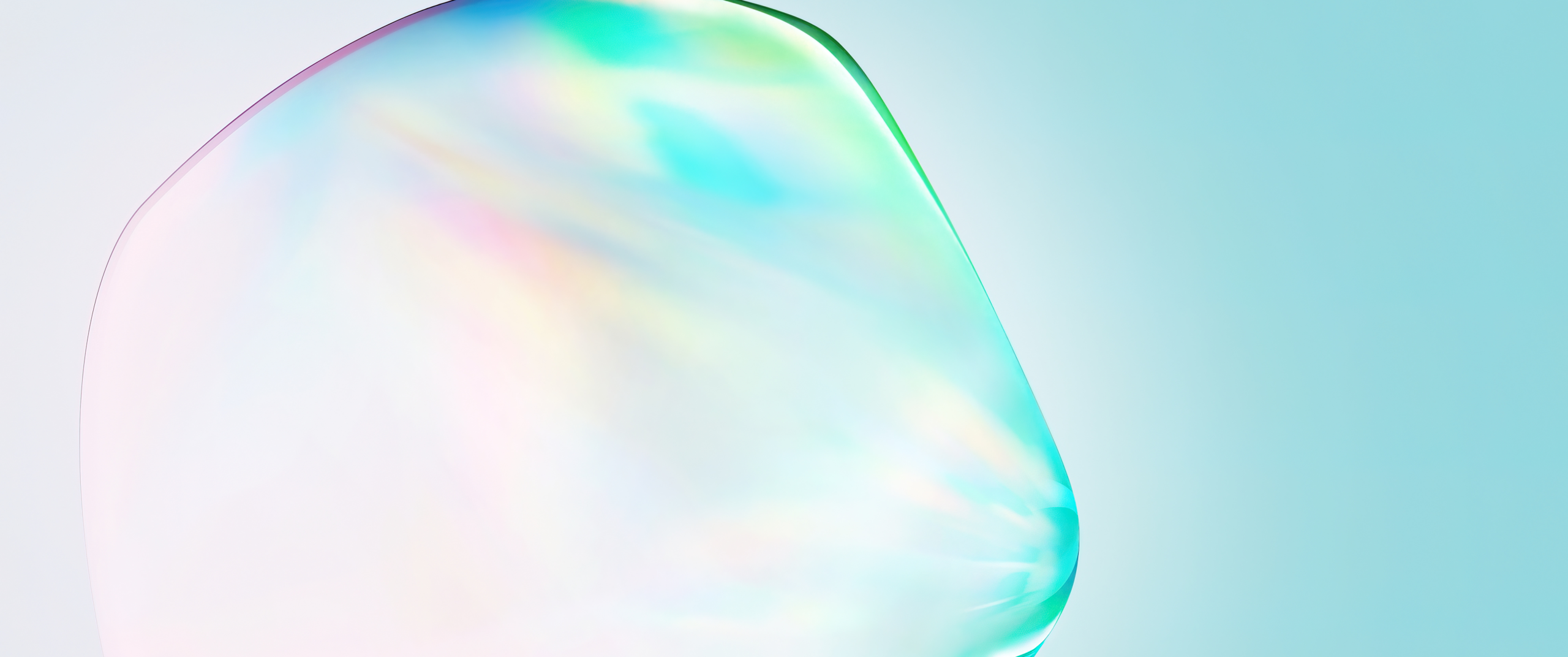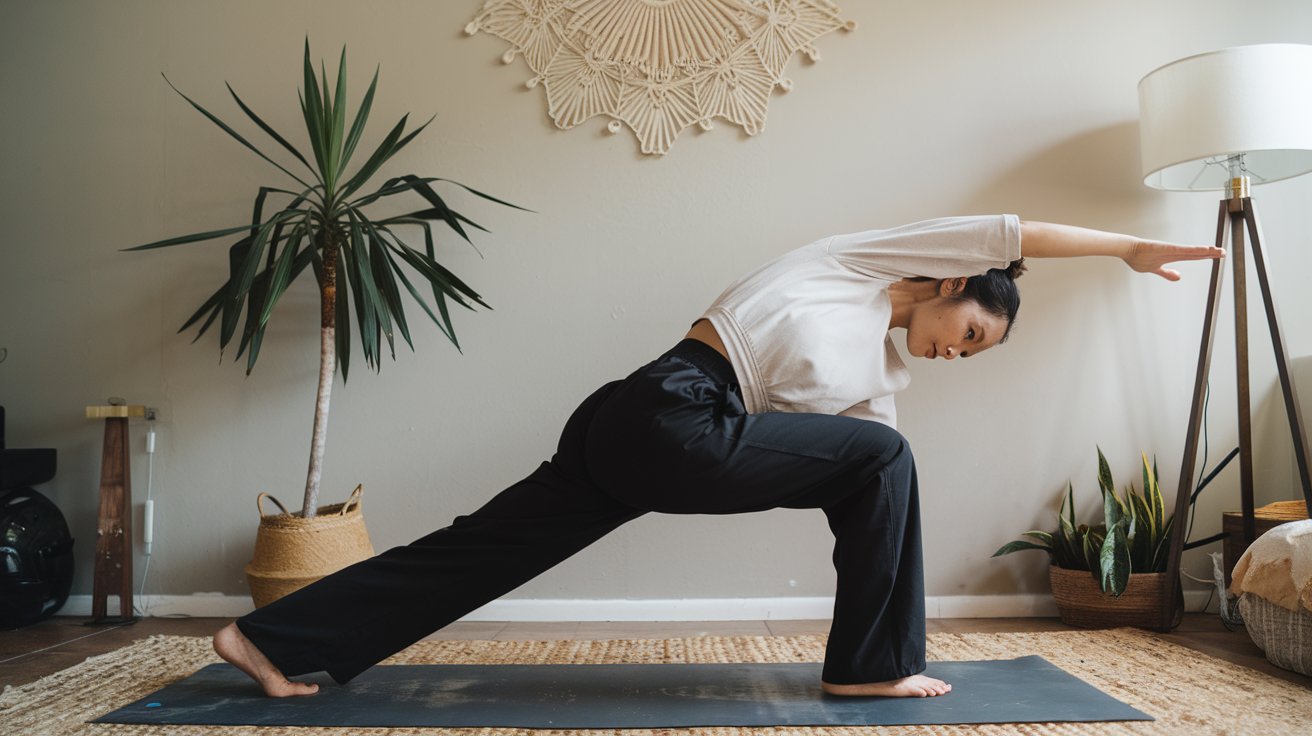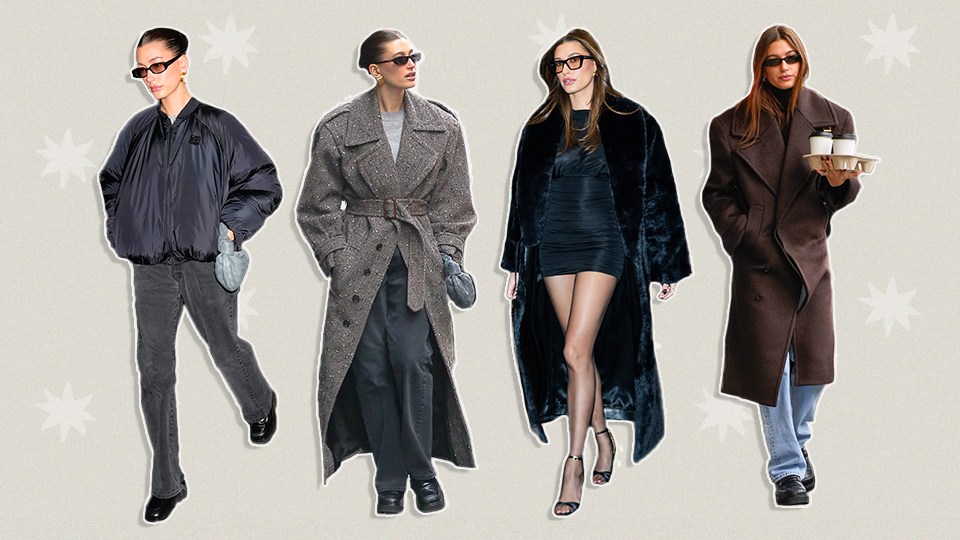
When it comes to skincare, there’s always a new buzzword or trend to follow. Recently, blue light has taken center stage in the world of skin health. But what exactly is blue light, and should you really be worried about it? Let’s break down the myths and facts, sprinkle in some examples, and get to the bottom of whether blue light is your skin’s friend or foe.
Myth 1: Blue Light Only Comes From Your Phone and Computer Screens

Fact: While it’s true that your phone, tablet, and computer emit blue light, they aren’t the only sources. Blue light is a part of the visible light spectrum and is naturally emitted by the sun. Yes, the same sun that gives you those beautiful golden hour selfies is also a significant source of blue light! So, even if you’re a tech detox queen, your skin is still soaking in blue light during your daily outdoor adventures.
Myth 2: Blue Light Causes More Damage Than UV Rays
Fact: Let’s clear this one up – blue light does not cause more damage than UV rays. UV rays are notorious for causing sunburns, premature aging, and even skin cancer. Blue light, on the other hand, penetrates deeper into the skin and may contribute to some damage, like hyperpigmentation or weakening of the skin barrier over time. But before you panic and toss your devices, remember that the level of blue light emitted by screens is much lower than what you get from the sun.
For example, if you’re spending a couple of hours binge-watching your favorite series on your tablet, you’re getting less blue light exposure compared to a 30-minute stroll in the sunshine. So, while blue light from screens might have some impact, it’s not the ultimate skin villain it’s sometimes made out to be.
Myth 3: Blue Light Skincare Products Are Just a Gimmick
Fact: This one’s a bit tricky. Blue light skincare products are all the rage, promising to protect your skin from potential harm. Some of these products contain antioxidants like vitamin C and E, which help combat the effects of blue light. But the truth is, the jury is still out on just how effective these products are specifically for blue light. That said, antioxidants are always a good idea for overall skin health, so incorporating them into your routine is never a bad thing!
Think of it like this: Using blue light skincare products is a bit like wearing sunglasses on a cloudy day. It might not be 100% necessary, but it doesn’t hurt either – and it can be a stylish addition to your skincare wardrobe.
Myth 4: Blue Light Only Affects Your Skin
Fact: Blue light isn’t just about skin – it can also mess with your sleep cycle! Exposure to blue light, especially before bedtime, can disrupt your circadian rhythm, making it harder to fall asleep. That’s why experts recommend cutting down on screen time at least an hour before hitting the hay. It’s not just your skin that benefits from a little digital detox – your beauty sleep depends on it too!
So, should you be freaking out about blue light? Not really. While it’s good to be mindful of your screen time and sun exposure, there’s no need to panic. Blue light is just one of the many environmental factors your skin faces daily. The best approach is to protect your skin with broad-spectrum sunscreen, incorporate antioxidants into your skincare routine, and give your eyes and skin a break from screens whenever possible.
After all, a balanced approach to skincare (and life) is always in style!
Featured Image courtesy of Pngtree





Leave a Reply